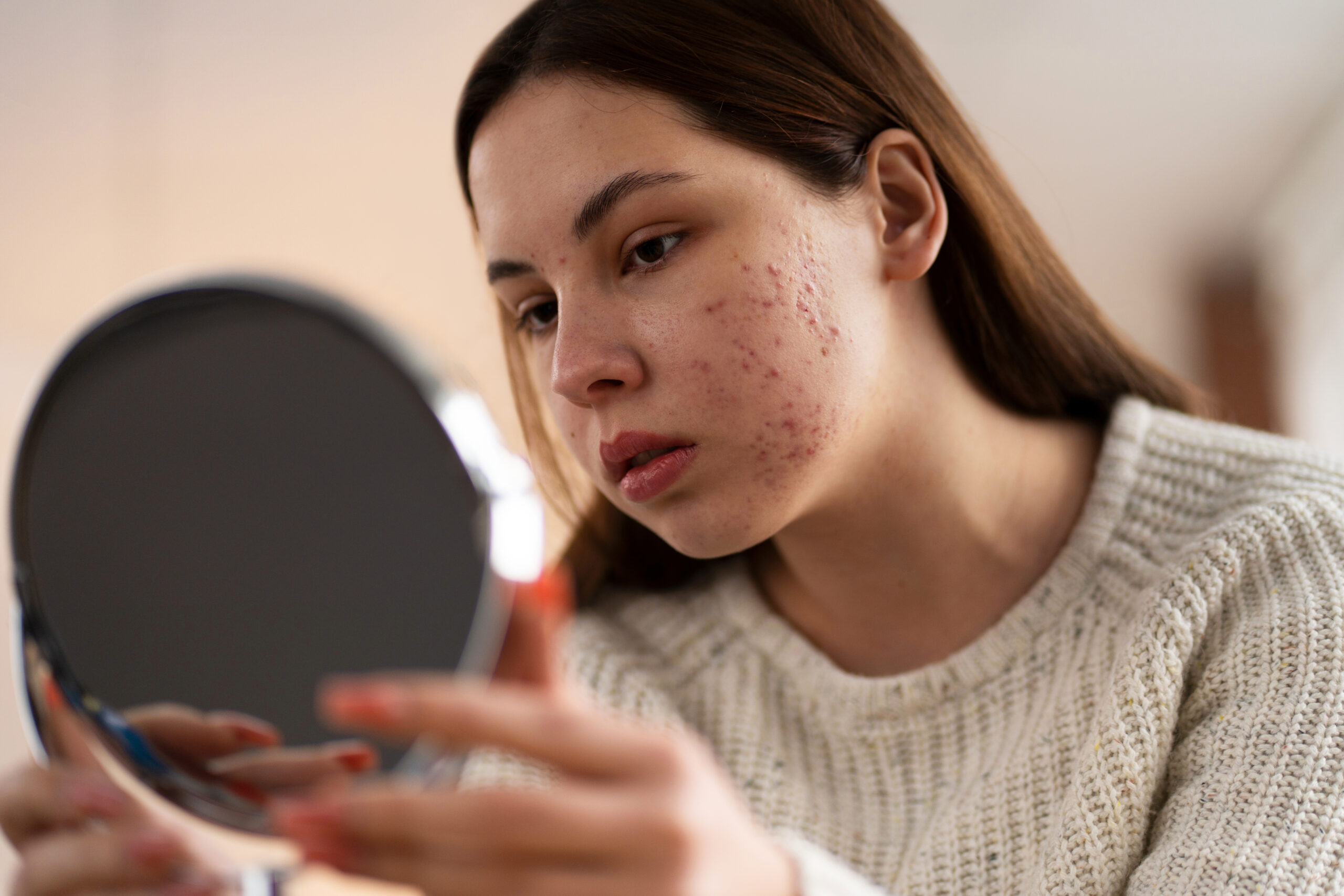In a world where beauty is often equated with flawless skin, the pursuit of the perfect skincare routine has become an obsession for many. From luxurious creams to trendy masks, the market is flooded with products promising miraculous results. However, amidst the allure of glowing skin lies a dark secret that few are aware of – viral skincare that can lead to cancer.
Table of Contents
1. The Allure of Viral Skincare.
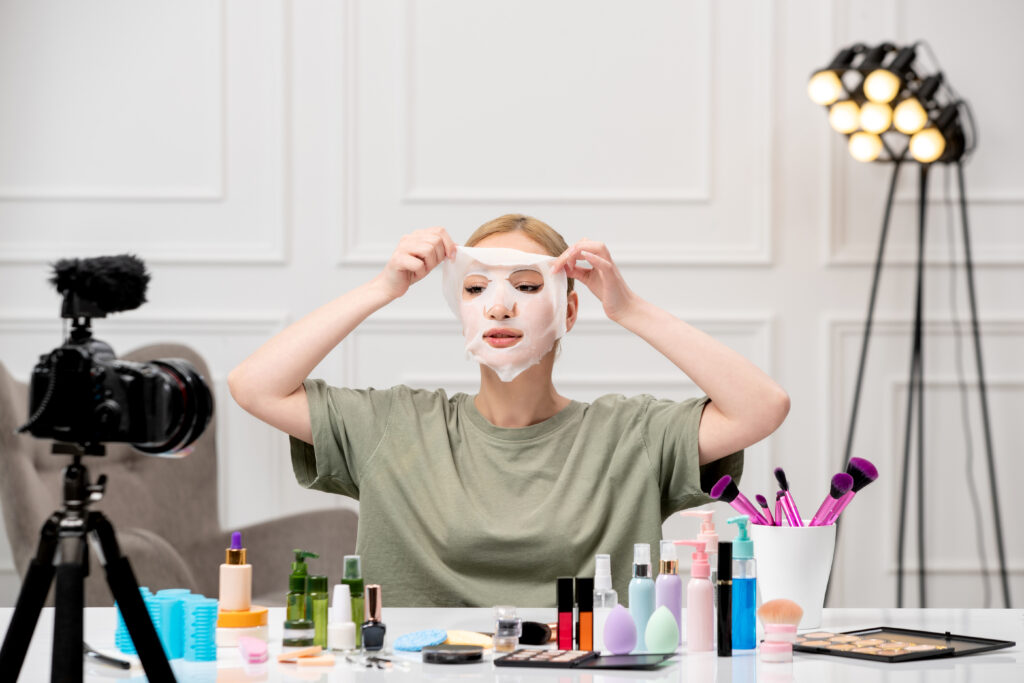
In today’s social media-driven world, viral skincare trends spread like wildfire. Influencers and celebrities flaunt their flawless complexions, endorsing products that promise instant results. From charcoal masks to DIY inventions, these trends capture the attention of millions, luring them into the quest for radiant skin.
2. The Deceptive Ingredients.
Behind the glamorous facade of viral skincare lies a suspicious world of deceptive ingredients. Chemicals with unpronounceable names and mysterious origins find their way into popular products, promising to banish imperfections and turn back the clock. Yet, what many fail to realize is that these ingredients may harbor hidden dangers, including the risk of “cancer”.
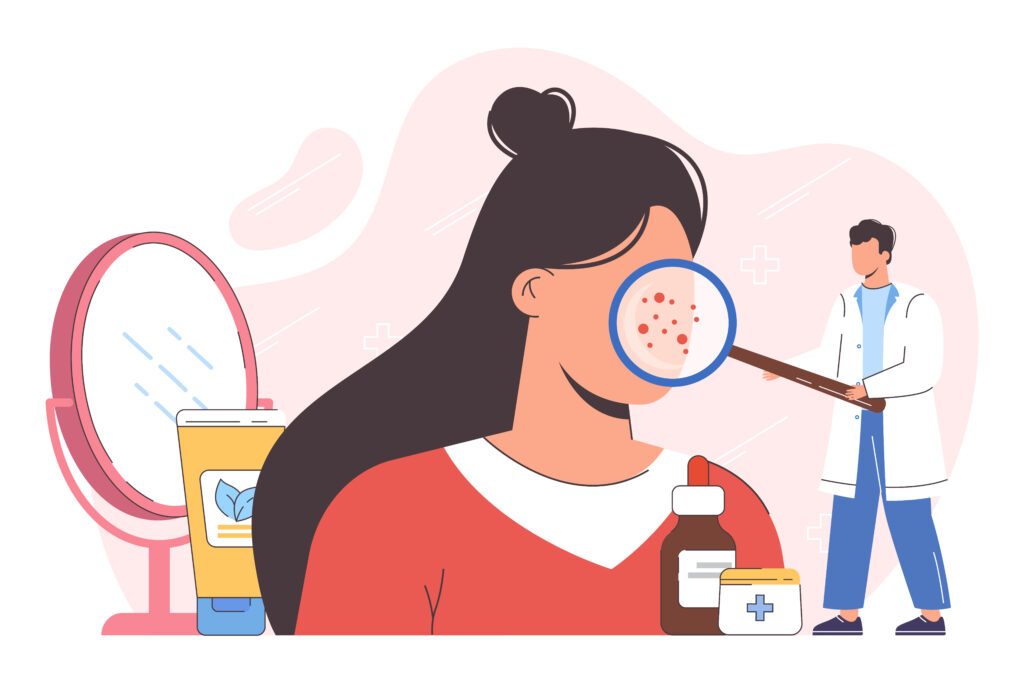
3. The Cancer Connection.
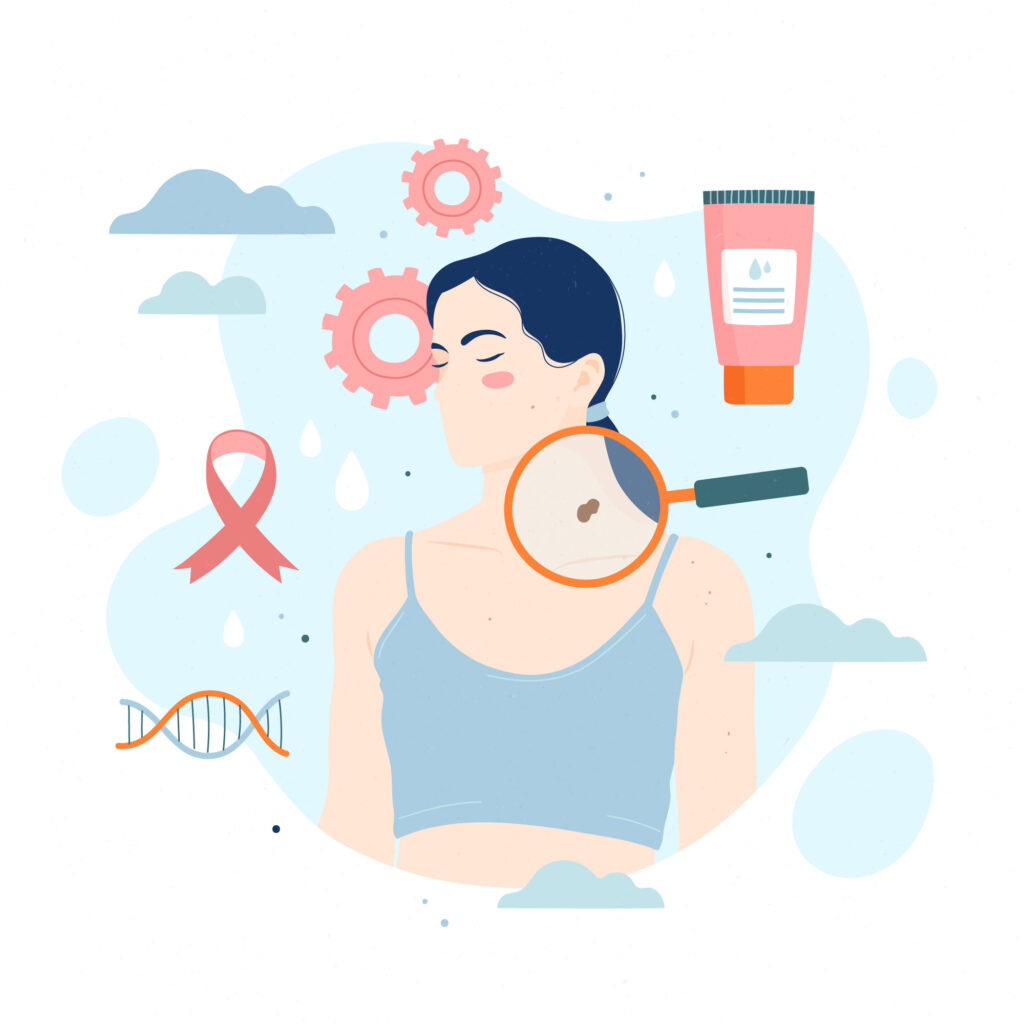
The link between skincare and cancer may seem unfathomable to some, yet numerous studies have uncovered disturbing connections. Ingredients commonly found in viral skincare products, such as parabens, phthalates, and formaldehyde-releasing preservatives, have been identified as potential carcinogens. Prolonged exposure to these substances can increase the risk of developing various types of cancer, including breast cancer and skin cancer.
4. Unveiling the Truth: The Actual Culprit.
While viral skincare trends may promise beauty in a bottle, the reality is far more sinister. The true culprit behind the cancerous risk lies in the unregulated nature of the beauty industry. With minimal oversight and lax regulations, manufacturers often prioritize profits over consumer safety, including the use of harmful ingredients known to pose serious health risks.
5. The Path to Safer Skincare.
Despite the grim reality of viral skincare’s cancerous secret, hope remains for those seeking safer alternatives. Option for products that contain natural and organic ingredients instead. By educating themselves on harmful ingredients and choosing products with natural, organic formulations, consumers can take control of their skincare routines and prioritize their health over fleeting beauty trends. Additionally, advocating for stricter regulations and transparency within the beauty industry is essential to ensure the safety and well-being of all consumers.
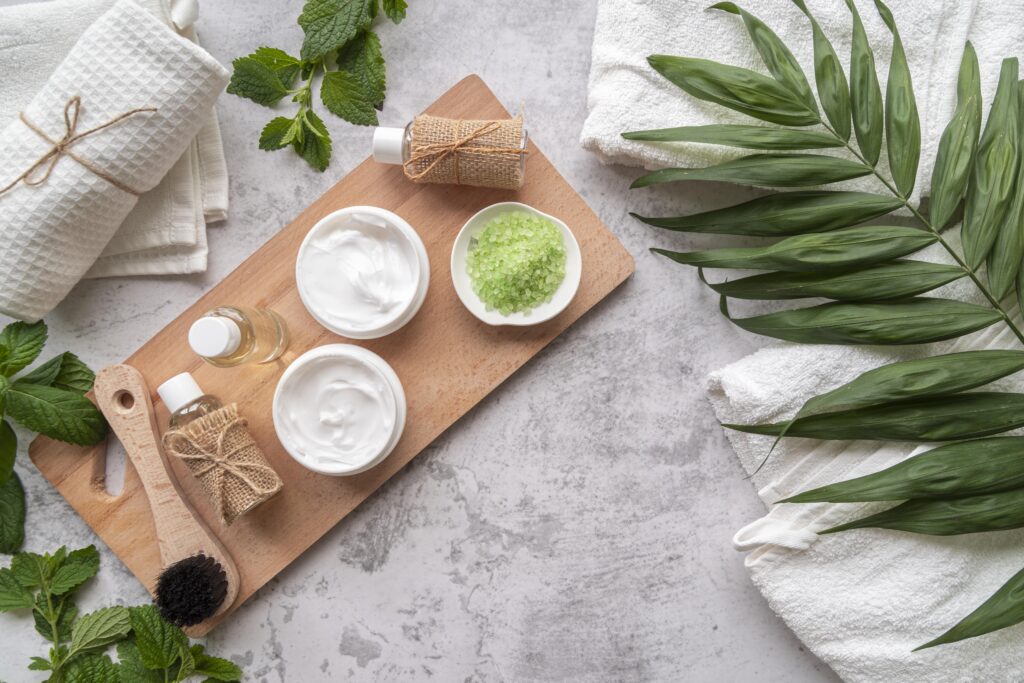
Tips To Avoid While Purchasing Products.
- Read Labels Thoroughly: Before purchasing any skincare product, take the time to read the ingredients list thoroughly. Look out for common harmful chemicals such as parabens, phthalates, formaldehyde, and other known carcinogens.
- Educate Yourself: Stay informed about the latest research on skincare ingredients and their potential health effects. Websites, blogs, and reputable scientific journals are excellent sources of information. By educating yourself, you’ll be better equipped to make informed choices about the products you use on your skin.
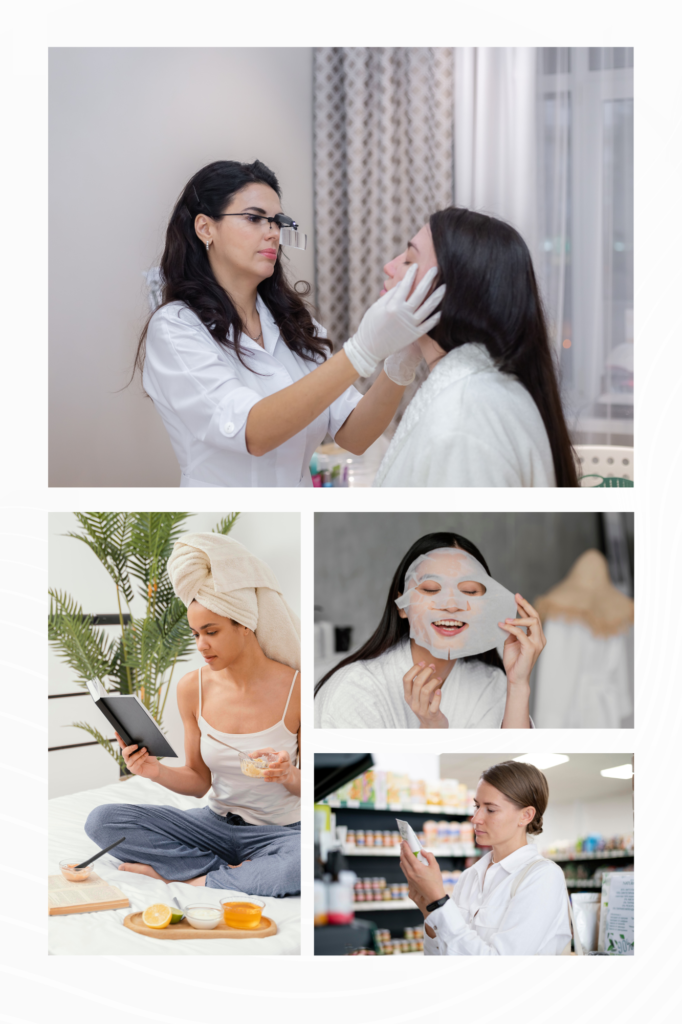
- Choose Trusted Brands: Stick to skincare brands that have a reputation for prioritizing safety and transparency. Look for certifications such as “organic,” “cruelty-free,” and “non-toxic” to ensure that the products you’re using meet rigorous safety standards.
- Avoid DIY Skincare Recipes: While DIY skincare recipes may seem like a natural and cost-effective alternative, they can often contain ingredients that are harmful or irritating to the skin. Unless you’re well-versed in skincare chemistry, it’s best to avoid homemade concoctions and opt for professionally formulated products instead.
- Consult a Dermatologist: If you have specific skincare concerns or are unsure about which products are safe for your skin type, consider consulting a dermatologist. A dermatologist can provide personalized recommendations tailored to your individual needs and help you navigate the often overwhelming world of skincare products.
By following these tips and being vigilant about the products you use on your skin, you can minimize your exposure to potentially harmful ingredients and reduce your risk of developing cancerous skincare-related issues.
All the images are taken fromhttps://www.freepik.com/ and edited inhttps://www.canva.com/.
Conclusion.
In conclusion, the pursuit of flawless skin should never come at the expense of one’s health. By exposing the cancerous truth behind viral skincare and advocating for safer alternatives, we can embark on a journey towards beauty that radiates from within – without compromising our well-being in the process.
FAQs.
How can I identify harmful ingredients in skincare products?
Look for ingredients like parabens (e.g., methylparaben, propylparaben), phthalates (e.g., diethyl phthalate), formaldehyde-releasing preservatives (e.g., DMDM hydantoin, imidazolidinyl urea), and synthetic fragrances. These are often listed on product labels or can be found through online resources.
How can I create a skincare routine that minimizes cancer risks?
Start by reading labels and avoiding products with known carcinogens or harsh chemicals. Choose gentle, non-comedogenic cleansers, moisturizers, and sunscreens suitable for your skin type. Incorporate antioxidant-rich ingredients like vitamin C and green tea to protect against environmental damage. Regularly monitor your skin for any changes and consult a dermatologist if you notice any concerning symptoms.
Are natural or organic skincare products safer than conventional ones?
While natural and organic skincare products may be less likely to contain harmful chemicals, it’s essential to read labels carefully. Even natural ingredients can cause irritation or allergic reactions in some individuals. Look for products certified by reputable organizations and check for potential allergens.
- डिजिटल डिटॉक्स: स्क्रीन टाइम कम करने से तनाव कैसे कम हो सकता है। screen time Can Reduce Stress in hindi.
- Digital Detox: How Lowering Screen Time Can Reduce Stress.
- “Manu Bhaker Aims For Historic Third Medal In 25m Pistol “.
- भाग्य की दौड़: शा’कारी रिचर्डसन पेरिस 2024 सर्ज। Sha’Carri Richardson’s paris surge in hindi.
- Racing To Redemption: Sha’Carri Richardson’s Paris 2024 Surge.

